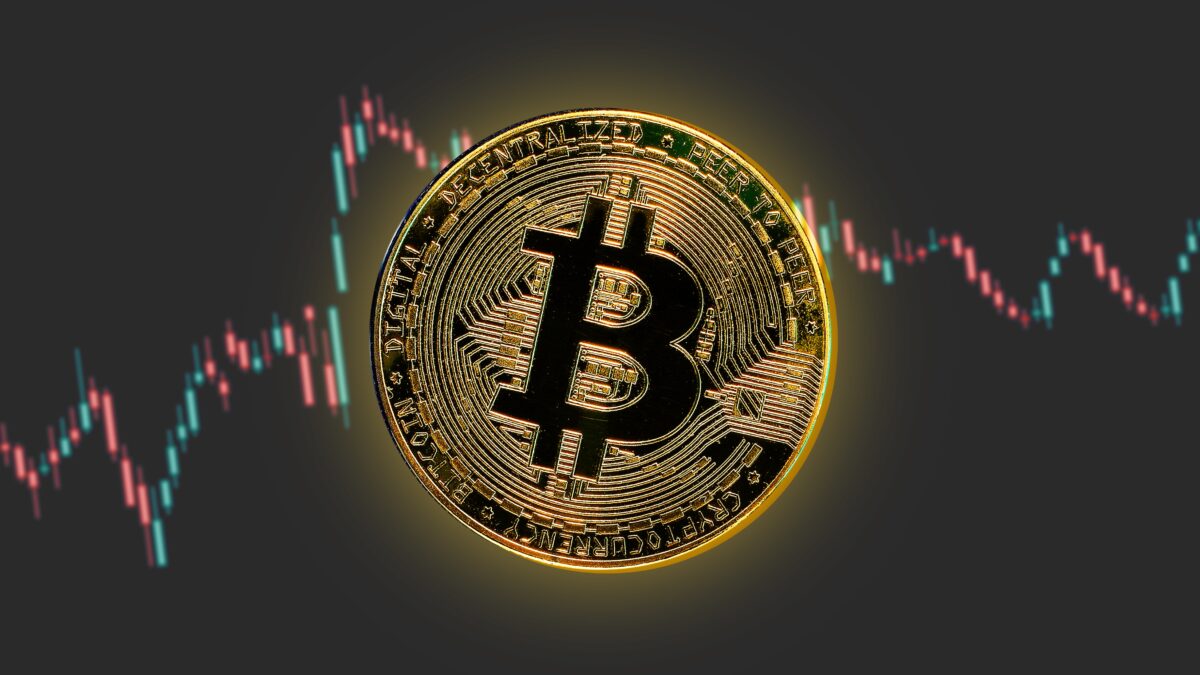The Middle East conflict has once again captured the world’s attention as military clashes between Israel and Hamas, the Palestinian Islamist group, escalate. The surge in violence has sparked worries about imminent humanitarian crises, potential global commodity market disruptions, and shifting geopolitical dynamics. In this article, we will explore how the recent hostilities in the Middle East have sent shockwaves through commodity markets, affecting key assets such as oil and gold. Additionally, we will examine the broader implications of this conflict on regional alliances and peace efforts.
Commodity Markets React
As the Middle Eastern war intensifies, the world is witnessing significant fluctuations in commodity markets. Crude oil prices have surged by approximately 4%, with Brent crude reaching $87.89 a barrel and US West Texas Intermediate crude at $86.38 a barrel. Price hikes result from concerns that the Middle East conflict might disrupt regional oil supplies, impacting global energy production significantly.
Furthermore, safe-haven assets like gold have seen an upswing in demand, while benchmark copper and other commodities, including natural gas, sugar, and wheat, have experienced notable price increases. This demonstrates how conflict in the Middle East can send shockwaves through financial markets.
Middle East Conflict: Geopolitical Implications
The eruption of violence in the Middle East also carries geopolitical implications. The potential jeopardy to US efforts in brokering a Saudi Arabia-Israel rapprochement could reshape dynamics in the region significantly. Saudi Arabia reportedly considered normalizing relations with Israel, seeking a US defence deal and higher oil output. However, the ongoing hostilities create uncertainty and may hinder progress toward this diplomatic breakthrough.
In conclusion, the Middle East conflict, rooted in religious and political tensions, has immediately affected global commodity markets. The world’s economy and geopolitics are tightly linked, evident in surging oil prices, safe-haven asset demand, and commodity fluctuations. Furthermore, the ongoing violence threatens to disrupt potential regional alliances, potentially affecting the balance of power in the Middle East. As the situation evolves, the world watches closely, hoping for a resolution that brings stability and peace to the region.











COMMENTS